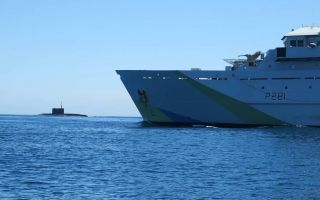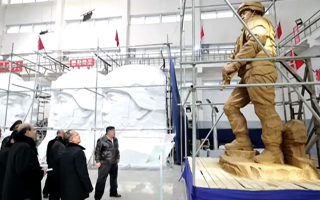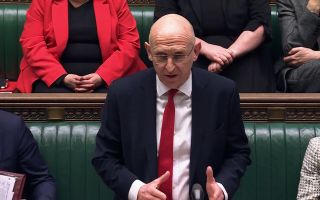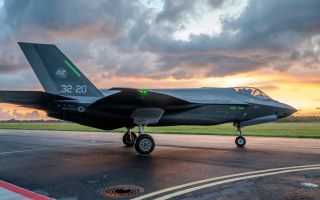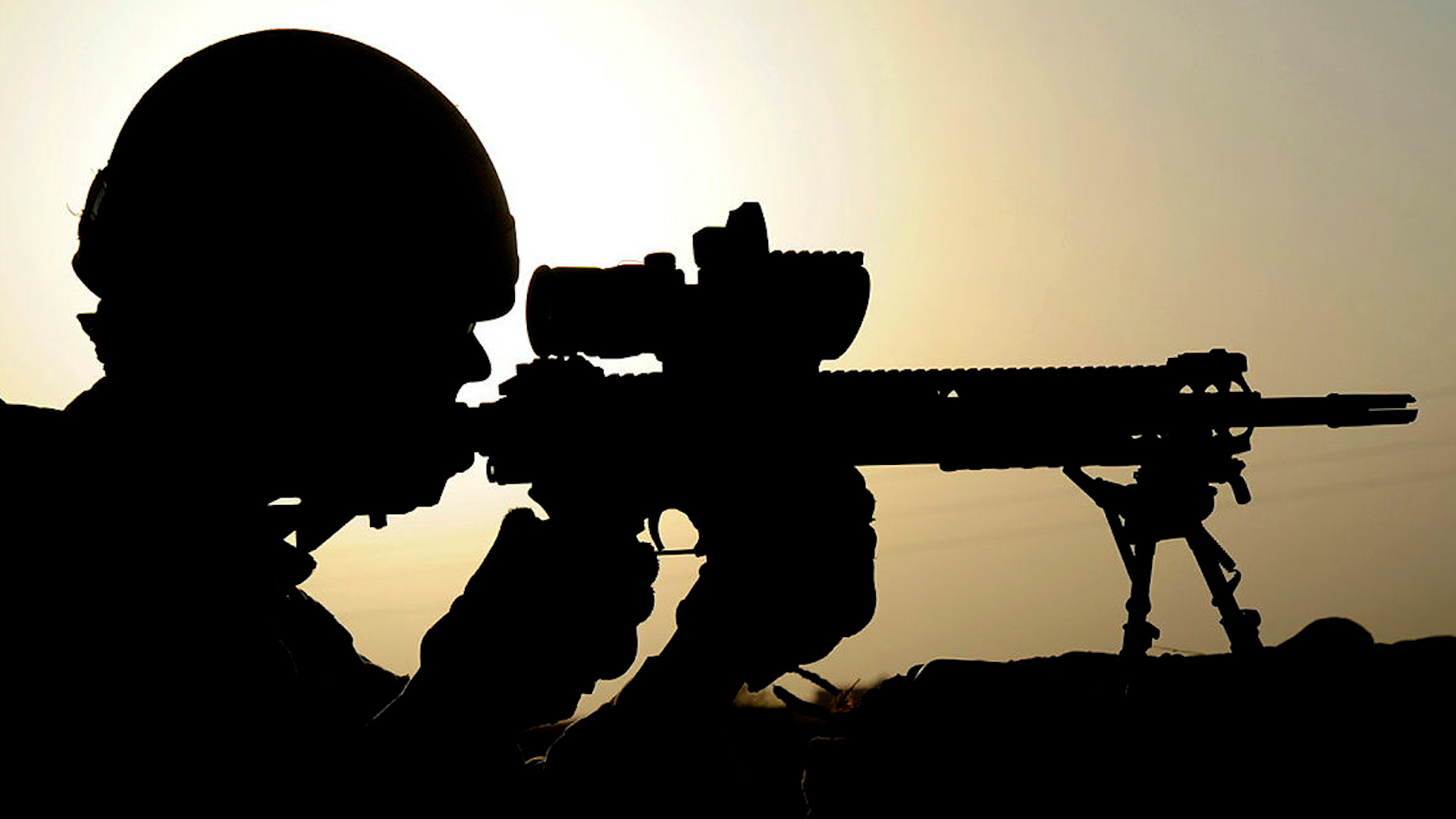
Sitrep: Who are the 'outsiders' who are assisting Labour's Defence Review?

Quickly after taking office as the new Defence Secretary, John Healey said the new Labour Government is "not hanging around" when it comes to reshaping the Armed Forces.
Now, we have a bit more of an idea of what that means, with a defence review announced.
But for the Government's full-scale defence and security review, it looks as though it will not be ministers or top brass who are in charge, but instead a panel of individuals from outside of government and the military.
So who are these "outsiders" charged with re-shaping the UK Armed Forces?
Lieutenant General Sir Nick Pope, former Deputy Chief of the General Staff, joined resident expert Professor Michael Clarke and Forces News' Sian Grzeszczyk Melbourne on this week's Sitrep podcast – which analyses the top defence stories of the week and is available wherever you get your podcasts.
Who are they?
Ms Grzeszczyk Melbourne said that the Government has asked Lord Robertson, a former Labour defence secretary and Nato Secretary General, to lead the review.
Then, working alongside Lord Robertson will be General Sir Richard Barrons, a former Deputy Chief of the Defence Staff, and Fiona Hill, a leading expert on Russia and a former foreign policy adviser to Donald Trump when he was president of the US.
However, the Forces News reporter said if Trump is re-elected in November, the choice of Fiona Hill is an interesting one as "there's no love lost between those two".
"She testified against him during his impeachment trial," she said.
These are the three people seemingly at the top, but Ms Grzeszczyk Melbourne said the "list of people that they want to hear from is quite wide-ranging".
"In the military, out of the military, academia, industry, allies, they're also inviting the likes of me, defence correspondents, to share their thoughts as well," she said.
"I think many people were wondering if they might have decided to do a fast-track review," she said.
"But they very much want to take their time, it seems, with this going methodically through it, injecting a broad church of opinions across the board."
Are 'outsiders' a good thing?
With a wealth of expertise and experience, Labour's line-up is an interesting one – but is it a good thing to bring outsiders in to help direct the Government’s military reshape?
Lieutenant General Sir Nick Pope, former Deputy Chief of the General Staff, thinks so.
"It's always good to have outside experts to do part of what the review aims to do," he said.
He said Defence Secretary John Healey and his ministers "have been thinking about this for some time whilst they'd been in opposition".
"It would be fair to say that we've got a review here that has been in Genesis for some time," he said.
Lt Gen Sir Nick said the line-up of outsiders is made up of "three characters who... really understand the background".
"You're bringing in experts, therefore, who are not starting from a blank sheet of paper, but maybe that's a good thing," he said.
Why bring in outsiders?
So why bring in the outsiders? Well, according to Professor Michael Clarke, it is an attempt to make the review more strategic.
Prof Clarke agreed with Lt Gen Sir Nick, adding that this review is different as the "outside reviewers will be in it from the beginning at the top level".
"Now, it will still be directed, of course, by the MOD and by the secretary of state," he said.
"But bringing these people in, not as an afterthought or halfway through, but at the very beginning, is an attempt to create strategic challenge… to try to ensure that this review is more strategically sensitive than some of the others."
Prof Clarke said, with this as the twelfth Defence Review since the end of the Cold War, most have been "not very strategic".
"Most of them are a cost-cutting exercise and rationalisations," he said. "Only a couple of them have been strategic.
"I think this one has an ambition to be more genuinely strategic."
Marrying demand with supply and Nato
No doubt Labour will be looking to make their mark on the British Armed Forces with the review, but Lt Gen Sir Nick said what he thinks will be interesting about the review is "the supply signal".
"Where I'm always interested on reviews is we do spend a lot of time talking about the demand signal in terms of the UK's place in the world, whether or not we should be in the Black Straits or in the South China Sea," he said.
"But that's one part of the review.
"The other part is marrying it against the supply side.
"Money, people, the state of the current infrastructure in the UK and sometimes the alignment process between the demand signal, which takes a long time to percolate.
"The supply signal, I think, is perhaps lacking."
The other area outlined as important by Prof Clarke was the idea this is a Nato-first review.
He said "the way the situation in Europe has darkened so much in the last couple of years means that making this a Nato-first review would be inevitable anyway".
"The problem we have is that we still have a politically interesting voice in Nato, but we don't really have enough military credibility in Nato because of where our Armed Forces are at the moment," he said.
"It's very patchy indeed and the Army, in particular, has got real problems in being able to contribute meaningfully to what Nato needs to do."
"It's a statement of the obvious and we've got to actually make ourselves into a more consequential Nato power to play the role that we think will need to be played by all of the main European nature countries in the next few years."
You can listen to Sitrep wherever you get your podcasts, including on the Forces News YouTube channel.

